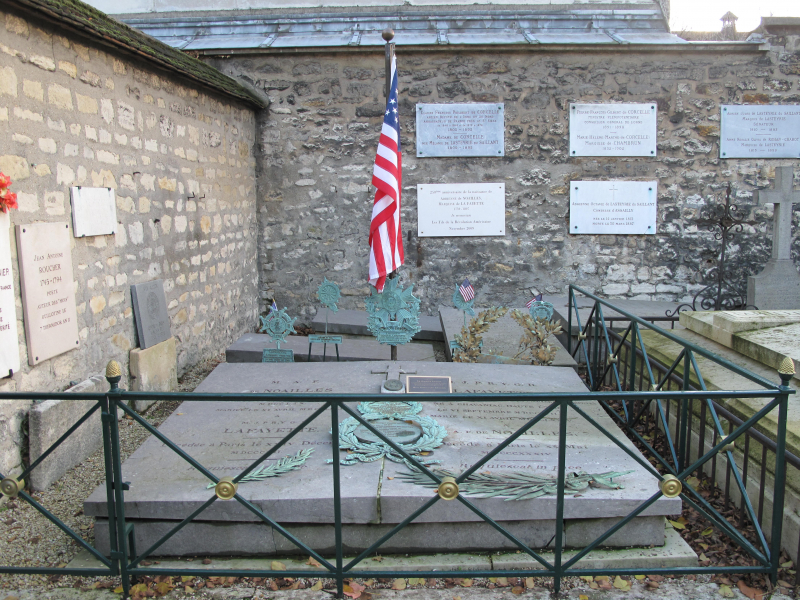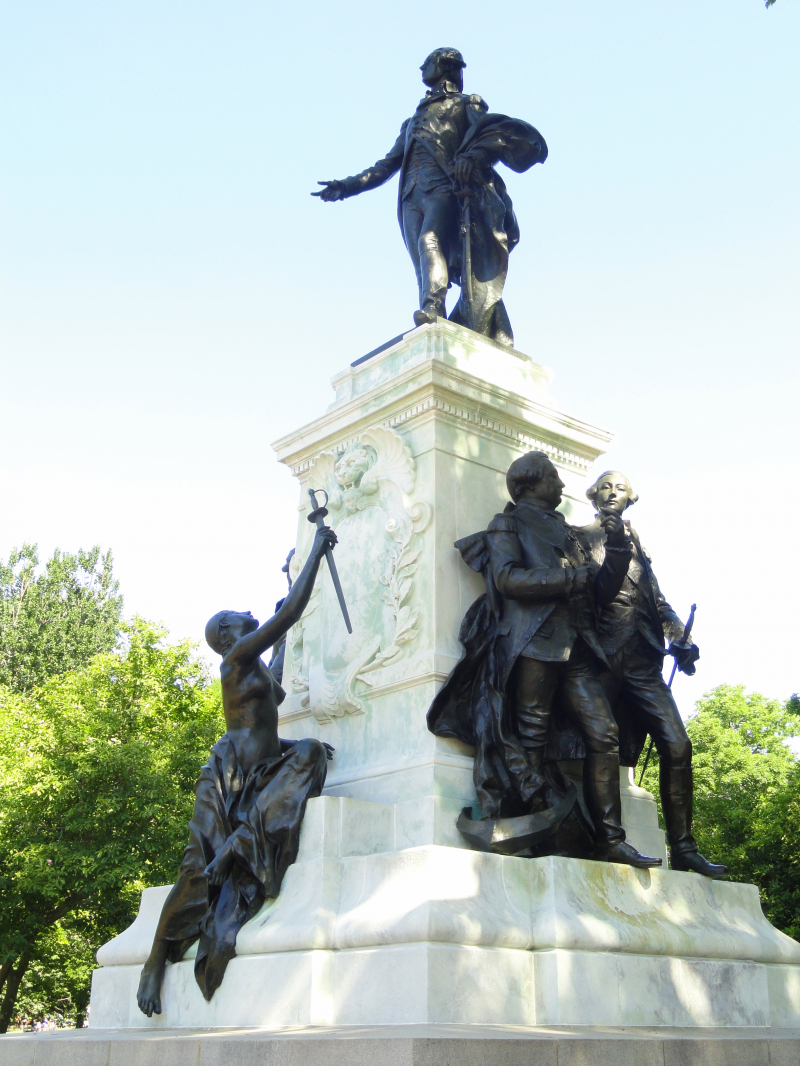Different reactions were given to Lafayette's death in France and America
After a protracted illness with pneumonia that he contracted after having to walk in the rain, he passed away in 1834. A large group of legislators, academics, government and military leaders, National Guard personnel, and ex-pats in Paris carried his casket to the church of Assumption to say goodbye. On May 22, La Fayette was interred beside his wife at Picpus Cemetery with parcels of soil brought back from Bunker Hill, Massachusetts. After Lafayette passed away, his political rival King Louis-Philippe gave him a military burial, which justified excluding the general public. Widespread protests against the king resulted from this.
In contrast, Lafayette was given a state burial by US President Andrew Jackson that was on par with one for another US President. President Jackson purposefully modeled Lafayette's US burial rites after those given to George Washington, the country's first president. At that time, US Congressmen had the Capitol covered in black for a month as a sign of grief. Other Americans likewise showed public grief. John Quincy Adams, a former US president, even delivered a 3-hour eulogy for Lafayette.












